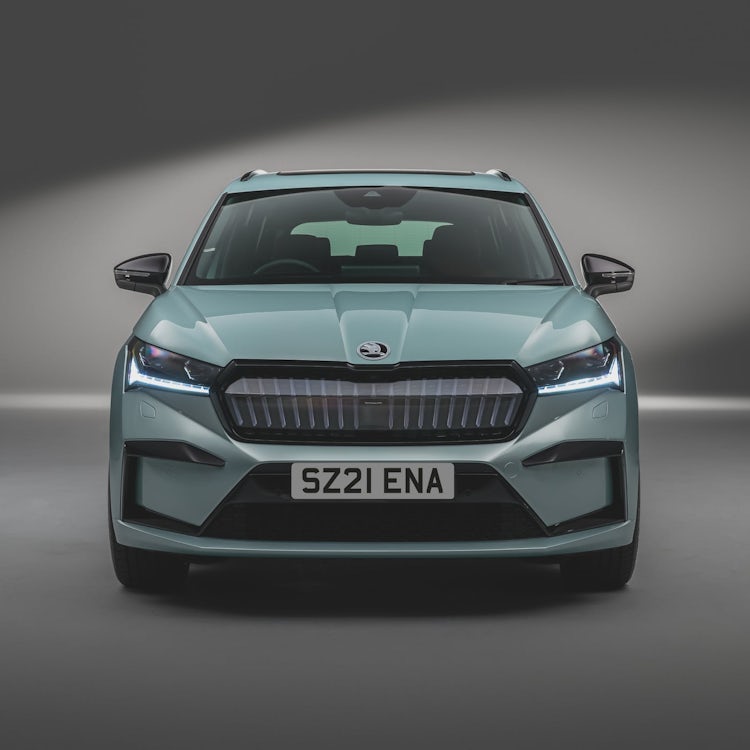Compare the best electric 4x4s
High-quality electric 4x4 cars from rated and reviewed dealers

Best electric 4x4s of 2024
If you're after a rugged 4x4 off-roader in the mould of the Land Rover Defender or Suzuki Jimny, there's some good news and bad news. On the bad front, there aren't any cars that meet this definition; on the good count, we can add the word 'yet' to that sentence with some confidence, as electric versions are on their way. In the meantime, however, we've highlighted some great four-wheel-drive electric cars and SUVs that are more geared around on-road competencies than off-road ones, and will update this list as EV 4x4s come on sale.
1. BMW iX
BMW iX review2. Hyundai Ioniq 5
Hyundai Ioniq 5 review3. Audi Q4 e-tron
Audi Q4 e-tron review4. Skoda Enyaq 80x
Skoda Enyaq review5. Volvo XC40 Recharge
Volvo XC40 Recharge review6. Tesla Model Y
Tesla Model Y review7. Polestar 2
Polestar 2 review8. Mercedes EQB
Mercedes EQB review10. Porsche Taycan Cross Turismo
Porsche Taycan Cross Turismo reviewBrowse all cars
Sell your car for what it's really worth
The free, easy way to get 4,000+ dealers all over the UK bidding on your car
Advice about electric 4x4 cars
Electric 4x4s FAQs
Browse other car types
- 4x4 Cars
- 7-Seater Cars
- Automatic Cars
- Cheap Cars
- Convertible Cars
- Coupe Cars
- Crossover Cars
- Electric Cars
- Estate Cars
- Executive Cars
- Family Cars
- First Cars
- GT Cars
- Hatchbacks
- Hot Hatches
- Hybrid Cars
- Luxury Cars
- MPVs
- Medium-sized Cars
- Most Economical Cars
- Motability Cars
- SUVs
- Saloon Cars
- Small Cars
- Sports Cars
- Superminis




